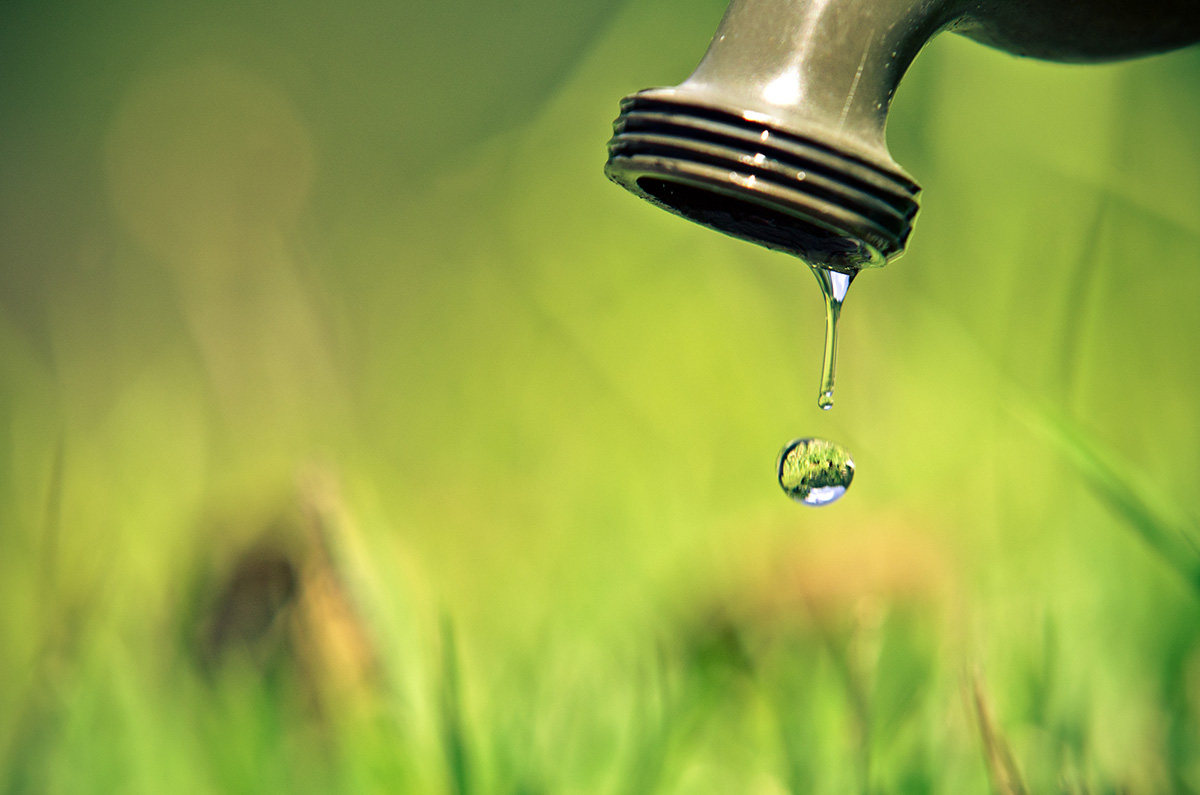Why is Conserving Water Important on Safari?

Did you know the average U.S. citizen uses between 80 and 100 gallons of water every day? Our regular routines – showering, doing laundry, washing dishes, etc. – fill a small kiddie pool.
In much of Tanzania, though, clean water is a precious resource. So, what does that mean for someone from the U.S. visiting Tanzania? First, let’s talk about your specific water usage.
You’ll Have Plenty of Water to Go Around
It’s incredibly important to us that every guest feels comfortable and, well, hydrated! That’s why our guests receive complimentary water throughout the trip.
At the same time, we’re very proud of the other methods we’ve used to conserve water. You may enjoy shorter showers and use a basin instead of a conventional faucet, but you won’t be asked to reduce your consumption drastically. In fact, we conserve water primarily by preparing food, cleaning and doing laundry efficiently. Take a look!

You read that right. On safari, a Thomson guest uses about 14 gallons of water per day compared to the 90 or so gallons they’re used to at home, and that’s extremely important for protecting the environment.
How Does Water Usage Affect the Environment?
One of the beautiful things about Tanzania is the amount of land that has been left virtually untouched. The Serengeti looks much the way it did tens of thousands of years ago – endless plains, millions of wild animals and barely any human constructions.
That means there isn’t much plumbing out in this brilliant wilderness. All the water our guests use needs to be transported in via the same truck that brings the rest of the supplies to camp.
Now imagine if a guest used six times as much water. That means more trucks and resources for transporting. It doesn’t stop there either. Used water needs to be disposed of properly, and there’s a huge difference between disposing 14 gallons of water per guest per day and 100 gallons per guest per day.
How We’re Going A Step Further: Eliminating Single-use Water Bottles
Of course, using less water only means so much if it comes in a single-use bottle that takes 450 years to decompose. That’s why we launched an initiative this year to eliminate nearly all single-use water bottles from our safaris.

